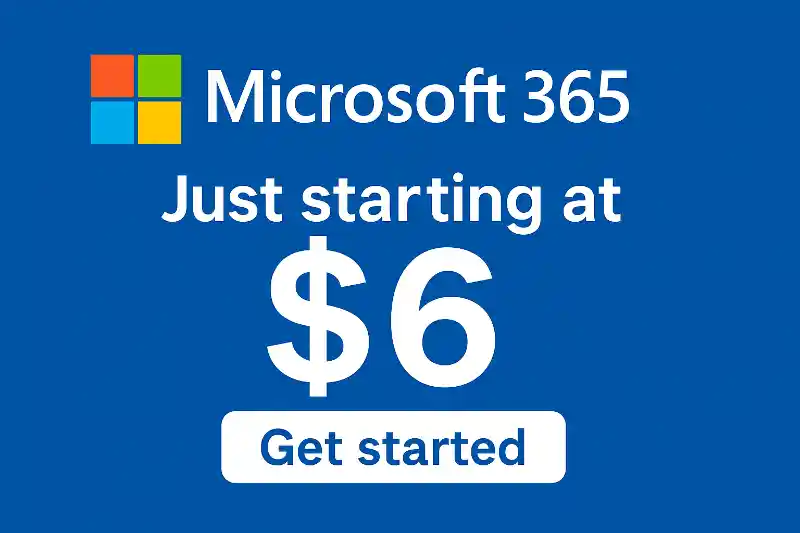Your diet plays a big role in your eye health. You might be getting the necessary vitamins from your meals. However, if your diet lacks certain nutrients or your doctor identifies deficiencies, supplements can help keep your eyes healthy. But remember, regular eye exams are just as important!

Essential Vitamins for Eye Health
Besides eating a balanced diet, here are key vitamins and nutrients for your eyes. Many of these are affordable, usually under $10.
Vitamin A
Vitamin A is vital for good vision. It helps you see light and prevents eye dryness. You can find it in foods like salmon, broccoli, eggs, and carrots. Carrots are well-known for their eye benefits because they contain beta-carotene, which the body turns into vitamin A.
Foods Rich in Vitamin A
- Salmon
- Broccoli
- Carrots
- Eggs
- Fortified cereals
Vitamin C
Vitamin C acts like sunscreen for your eyes, protecting them from UV damage. It may also reduce the risk of cataracts. Eating fruits and veggies high in vitamin C is essential.
Foods Rich in Vitamin C
- Kale
- Broccoli
- Oranges
- Lemons
- Strawberries
Omega-3 Fatty Acids
Omega-3s, found in fatty fish like salmon and mackerel, are crucial for eye health. They can slow down age-related macular degeneration and help with dry eye issues.
Foods Rich in Omega-3s
- Tuna
- Salmon
- Herring
- Flaxseeds
- Walnuts
Vitamin E
This antioxidant protects the eyes from damage caused by free radicals and may help prevent age-related macular degeneration. It’s suggested to take around 400 IU daily.
Foods Rich in Vitamin E
- Sunflower seeds
- Almonds
- Peanuts
- Red bell peppers
- Avocados
Zinc
Zinc is essential for the production of melanin, which protects the eyes. It may also help slow down age-related macular degeneration.
Foods Rich in Zinc
- Meat
- Shellfish
- Pumpkin seeds
- Chickpeas
- Eggs
Lutein and Zeaxanthin
These carotenoids protect against retinal damage. They’re particularly helpful for slowing down age-related eye issues.
Foods Rich in Lutein and Zeaxanthin
- Kale
- Spinach
- Broccoli
- Orange juice
- Red peppers
Quick Tips for Eye Health
Here are some simple ways to protect your eyes:
- Wear sunglasses: Protect your eyes from harmful UV rays.
- Take breaks from screens: Follow the 20-20-20 rule: every 20 minutes, look at something 20 feet away for 20 seconds.
- Stay active: Regular exercise may help prevent eye disease.
- Avoid smoking: Smoking increases the risk of eye diseases.
- Get regular eye check-ups: Even if you have good vision, see an eye doctor regularly.
- Remove makeup before bed: This can prevent irritation.
FAQs About Eye Vitamins
What is the best vitamin for eye health? Vitamins A, C, E, omega-3s, zinc, and lutein are essential for your eyes. Discuss your specific needs with your doctor.
How can I tell if I’m lacking in eye vitamins? Your doctor can help assess if you’re deficient in any vitamins important for eye health.
Do vitamins for eyes really work? Yes, especially if you’re deficient in them. Supplements can protect your eyes and slow age-related damage.
What supplements can help improve my eyesight? Vitamins A, C, E, omega-3s, zinc, and lutein can be beneficial. Aim to include them in your diet if possible.
Check out this related article: Vatican News: Pope’s Health Remains Stable Amid Ongoing Hospital Therapy
Source link





















